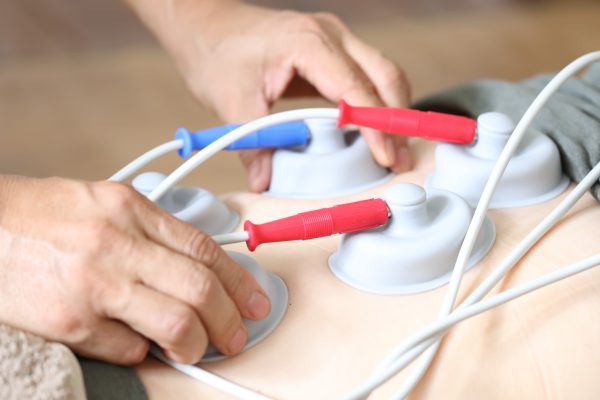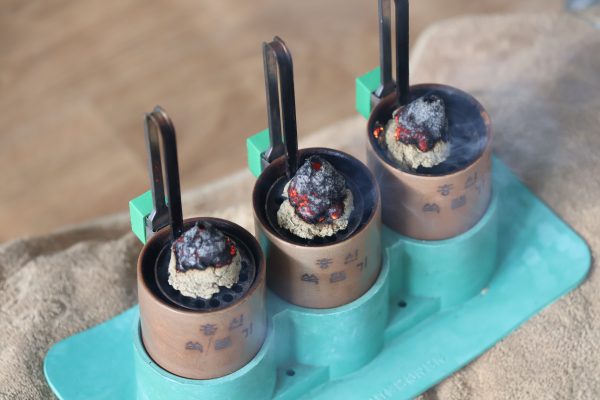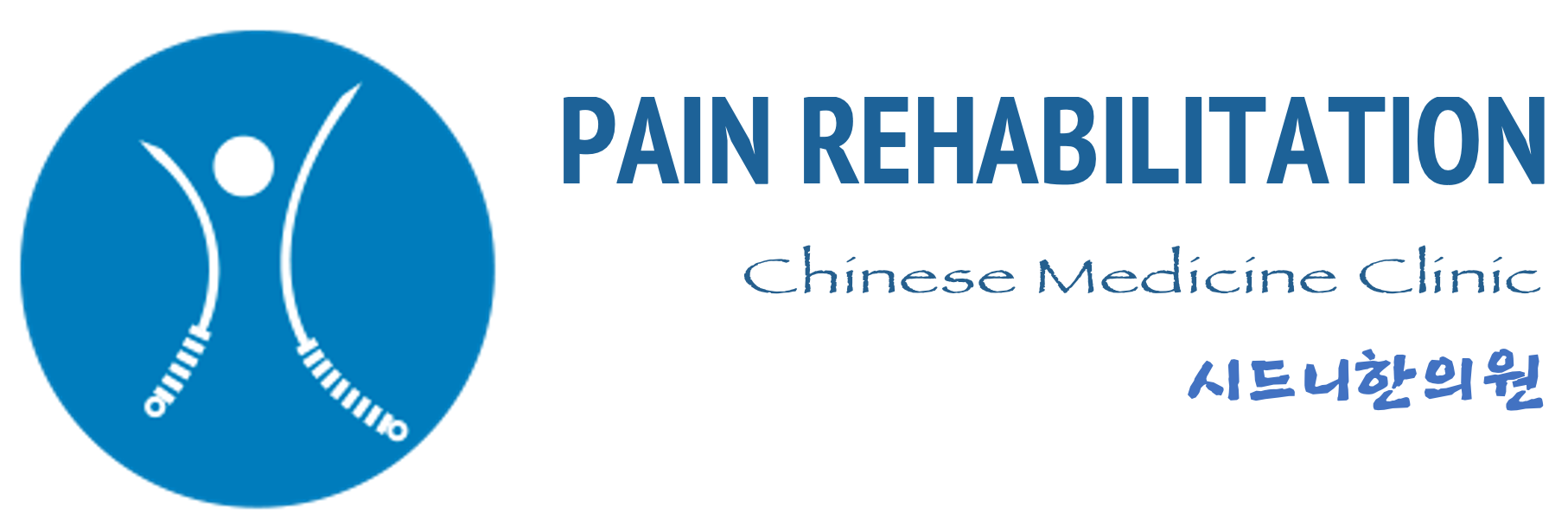

Post-Stroke Rehabilitation
Post-Stroke rehabilitation is thought best started as soon as possible after a stroke. The first priority is to stabilize an individual’s medical situation and get life-threatening conditions under control. Doctors also take measures to prevent another stroke and limit any stroke-related complications. Once these steps have been taken, it is common for stroke rehabilitation to start during the intensive care hospital stay. The sooner a person begins stroke rehabilitation, the more likely he or she is to regain lost abilities and skills.
In Traditional Chinese Medicine, stroke is not just considered an illness affecting the brain. Stroke is thought to affect the meridians, other organs and blood vessels as well. It is suggested that internal and external influences that induce a buildup of Qi and blood and create a high pressure state, may lead to stroke. This condition is similar to the understanding in Western Medicine where high blood pressure is a leading cause of stroke. Western Medicine also suggests stroke can be caused by other factors such as smoking, heart disease, obesity, high blood cholesterol level and diabetes.
The most common symptoms of a stroke are:
- weakness or numbness of the face, arm or leg on one side of the body
- loss of vision or dimming (like a curtain falling) in one or both eyes
- loss of speech, difficulty talking or understanding what others are saying
- sudden, severe headache with no known cause
- loss of balance, unstable walking, usually combined with another symptom
- sudden perspiration, high level of sweat
Treatment in TCM may include:
-Herbal medicine
-Acupuncture + Saam Acupuncture
-King Moxibustion or Moxibustion
-Clinical Massage + Acupressure
-Cupping or Functional Cupping
-Electro Acupuncture or Laser Acupuncture or MPS Acupuncture or Ear -Acupuncture
-Musculoskeletal Assessment + Stretching
Acupuncture and Moxibustion is the most popular treatment for stroke patients in China. It is suggested it may help stroke recovery by stimulating nerve pathways. Acupuncture is said to also help circulation of Qi and blood, which is believed to bring healing nutrients to the affected area.
It is believed regular massage may help lower blood pressure and heart rate in stroke patients, and also ease anxiety. Massage may also help with stress reduction and combat feelings of depression that are common emotional health concerns among stroke patients. For both mental and physical well-being, keeping stress and depression under control is an important part of stroke recovery.



